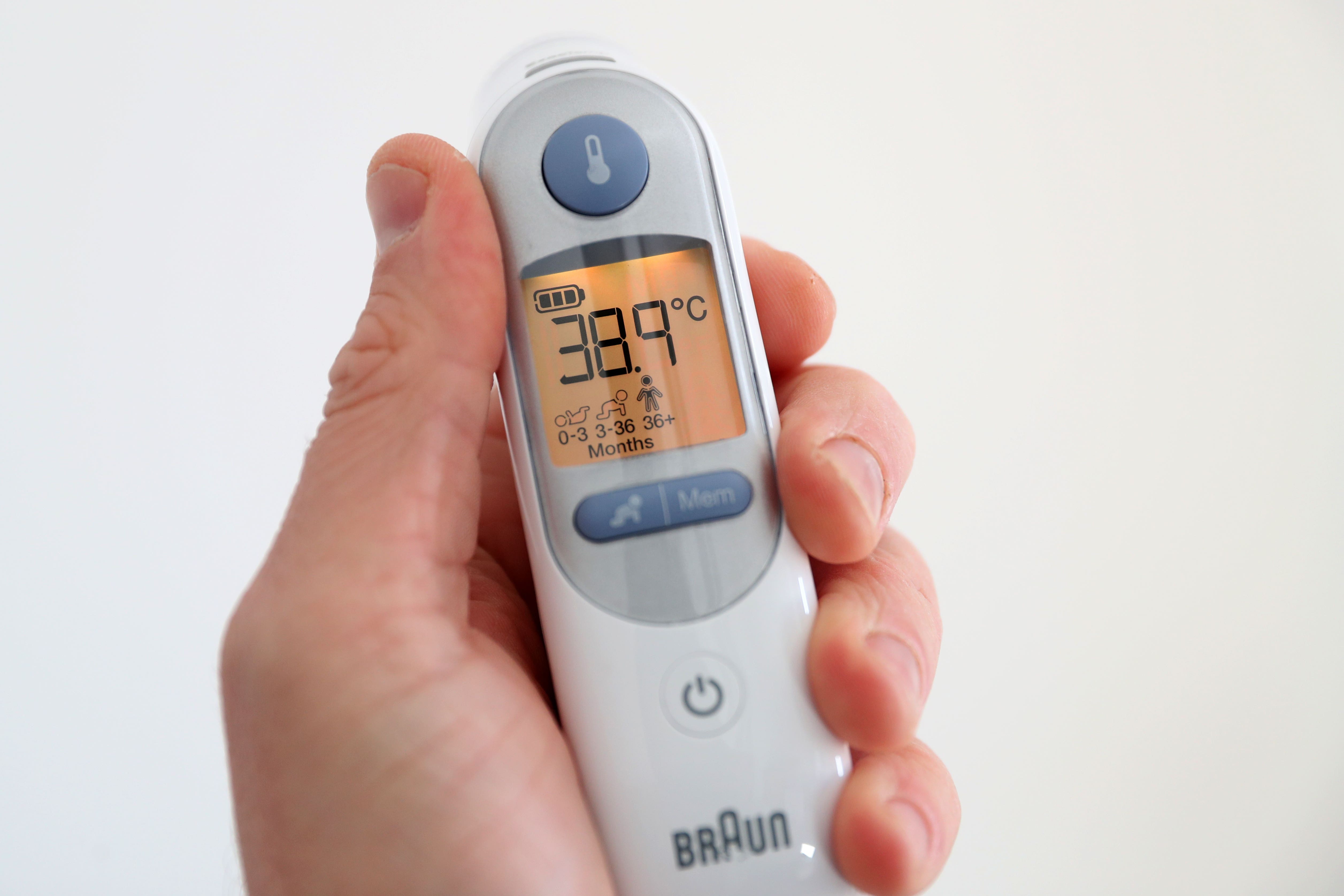Health experts investigate Strep A cases after six children die
Group A Strep can cause a range of infections, most of which are mild.

Your support helps us to tell the story
From reproductive rights to climate change to Big Tech, The Independent is on the ground when the story is developing. Whether it's investigating the financials of Elon Musk's pro-Trump PAC or producing our latest documentary, 'The A Word', which shines a light on the American women fighting for reproductive rights, we know how important it is to parse out the facts from the messaging.
At such a critical moment in US history, we need reporters on the ground. Your donation allows us to keep sending journalists to speak to both sides of the story.
The Independent is trusted by Americans across the entire political spectrum. And unlike many other quality news outlets, we choose not to lock Americans out of our reporting and analysis with paywalls. We believe quality journalism should be available to everyone, paid for by those who can afford it.
Your support makes all the difference.Health experts are investigating cases of Strep A infection after the deaths of six young children and a rise in cases.
The UK Health Security Agency (UKHSA) said there had been a rise in rare invasive Group A strep this year, particularly in children under 10, with five deaths of under-10s in England since September.
A separate case has been reported in Wales, taking the known UK total to six.
Group A strep bacteria can cause many different infections, ranging from minor illnesses to deadly diseases.
The range of illnesses includes the skin infection impetigo, scarlet fever and strep throat.
While the vast majority of infections are relatively mild, sometimes the bacteria cause a life-threatening illness called invasive Group A Streptococcal disease.
According to UKHSA data, there were 2.3 cases of invasive disease per 100,000 children aged one to four this year in England, compared with an average of 0.5 in the pre-pandemic seasons (2017 to 2019).
There have also been 1.1 cases per 100,000 children aged five to nine compared with the pre-pandemic average of 0.3 (2017 to 2019).
When looking at the five deaths in England, the last time there was an intensive period of Strep A infection was in 2017/18, when there were four deaths in the equivalent time frame.
The UKHSA said investigations are also under way following reports of an increase in lower respiratory tract Group A Strep infections in children over the past few weeks, which have caused severe illness.
It said there is no current evidence that a new strain is circulating and the rises are most likely due to high amounts of circulating bacteria and social mixing.
Scarlet fever cases have also seen a massive jump.
There were 851 cases reported in the week November 14 to 20, compared to an average of 186 for the same timeframe in previous years.
Earlier, health officials confirmed a youngster from St John’s School in Ealing, west London, had died from Strep A, while the parents of a four-year-old boy from Buckinghamshire confirmed he had died from Strep A.
It comes after a pupil from Victoria primary school in Penarth, four miles south of Cardiff, also died.
Last week, a six-year-old died after an outbreak of the same infection at a school in Surrey.
The bacteria usually causes a mild infection producing sore throats or scarlet fever that can be easily treated with antibiotics
Dr Colin Brown, deputy director of the UKHSA, said: “We are seeing a higher number of cases of Group A strep this year than usual.
“The bacteria usually causes a mild infection producing sore throats or scarlet fever that can be easily treated with antibiotics.
“In very rare circumstances, this bacteria can get into the bloodstream and cause serious illness – called invasive Group A strep (iGAS).
“This is still uncommon however it is important that parents are on the lookout for symptoms and see a doctor as quickly as possible so that their child can be treated and we can stop the infection becoming serious.
“Make sure you talk to a health professional if your child is showing signs of deteriorating after a bout of scarlet fever, a sore throat, or a respiratory infection.”
Parents are being told to contact NHS 111 or their GP if their child is getting worse, is feeding or eating much less than normal, or has had a dry nappy for 12 hours or more or shows other signs of dehydration.
They should also seek help if their baby is under three months and has a temperature of 38C, or is older than 3 months and has a temperature of 39C or higher.
Other red flags are if the child is very tired or irritable.
Parents should call 999 or go to A&E if a child is having difficulty breathing (such as grunting noises or tummy sucking in under the ribs), pauses in breathing, blue colour to a child’s skin, tongue or lips, or if a child is floppy and will not wake up or stay awake.
The four-year-old from Buckinghamshire has been named locally as Muhammad Ibrahim Ali.
The Bucks Free Press newspaper said he died at his home in High Wycombe on November 14 after suffering a cardiac arrest.
A statement from his school said: “Ibrahim was a friendly boy who loved coming to Oakridge School.
“He had lots of energy and was always active. He particularly loved being outdoors in forest school.
“Ibrahim was kind and loved to help his friends. He was constantly smiling. We are one big family at Oakridge and will miss him terribly.”